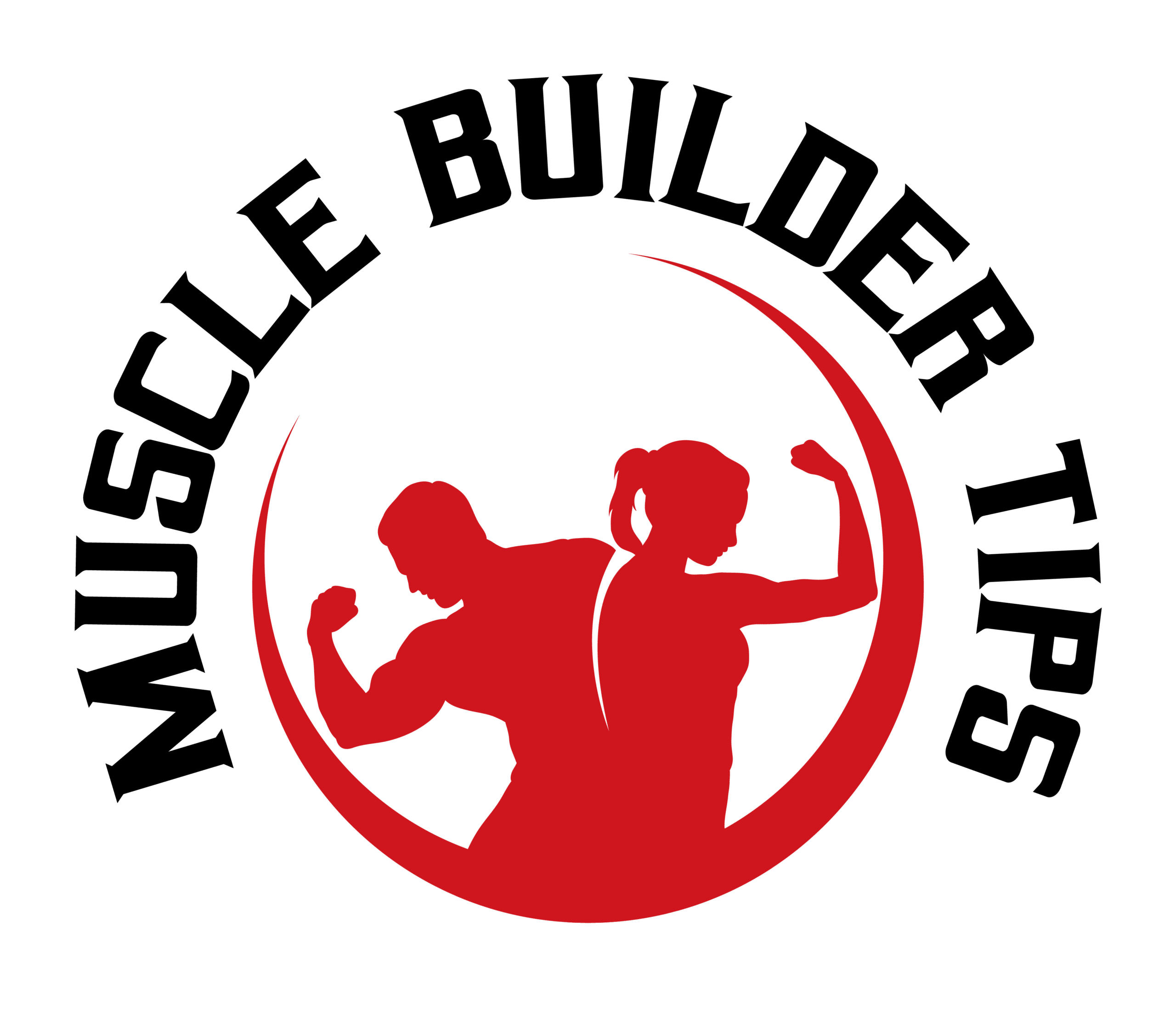
According to science for men bodybuilders, a few guidelines must be followed if you want to build bigger biceps or a bigger chest. A recent study verified the three primary triggers for gaining lean mass or muscle, and every program for strengthening muscles includes each.

There appear to be two podcasts about weightlifting for every person who engages in the activity. More bodybuilding advice than ever before is available, and it comes with a lot of uncertainty. This advice promises increased strength and muscle.
A bulked-up Instagrammer claims that lifting heavy weights will make you slim, and a well-known fitness expert recently claimed that two 30-minute weekly exercises resulted in 34 pounds of muscle gain in a month.
Mechanical Tension
Since resistance is the only thing that causes muscles to grow, the more difficult the contact, the greater the “mechanical tension” and subsequent growth stimulation.
What’s the best strategy for doing that? Take out a weight (or a resistance band) and get to work.
According to research, mechanical tension compromises a muscle’s structural integrity, causing a series of modifications that eventually increase muscle size, contractile strength, and power.
The more tension you can build and the greater the weight you can lift with proper form, the more you’ll grow.
Muscle Damage
Traumatic-sounding but accurate, or more particularly, the micro-trauma to muscle and connective tissue that results from resistance exercise triggers a regeneration process that can drive the growth of new muscle cells.
According to research, eccentric movements, such as the lowering phase of a bicep curl, which calls for a muscle to extend under stress, cause more microtrauma than concentric actions, such as the raising phase of a bicep curl, which call for a muscle to contract.
Physiological Strain
Do you remember the intense burn in your muscles that you experienced after running up many flights of stairs or performing 12 to 15 repetitions of your most challenging set of heavy squats?
That is the outcome of metabolic stress, which is the buildup of waste products from anaerobic energy production. Research suggests that it can be a potent adaptation-stimulating factor (i.e., muscle growth).
Want to increase metabolic stress?
Do moderate-duration, high-intensity exercises that make your muscles burn, such as 45 seconds of max-effort bodyweight lunges, squats, and presses or 30 seconds of max-effort running.
